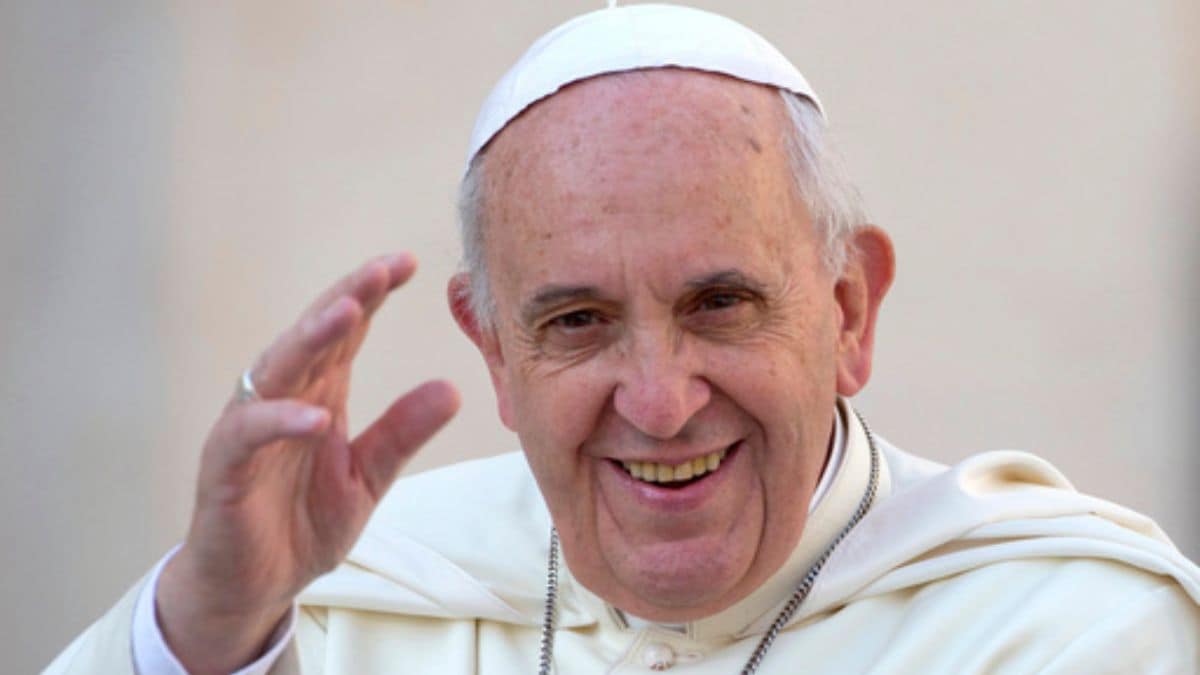Sandwich maker Greencore predicted it would be generating $1 billion in sales within a decade only to end up selling its US arm to a rival following a sequence of profit warnings and contract losses. For Kerrygold-maker Ornua, the US market has been more of a slow burn. The group’s first foray stateside in the early 1990s – primarily selling cheese – was a failure.
It hit the wrong mark with consumers, who saw it as a novelty “Oirish” product rather than a premium food brand as the company had intended. A decade later the company returned with a more focused strategy, involving high-end retailers and in-house tastings. This time it pitched itself as a high-end dairy product, playing up its grass-fed, all-natural, hormone-free roots.

Its signature butter product, with the familiar gold leaf wrapping, is on average 50 per cent more expensive than US rivals but Ornua and Kerrygold have worked their way into the number two position in one of the world’s most lucrative consumer markets. In 2018, Kerrygold became the first Irish food brand to exceed €1 billion in annual sales. Since 2015 Ornua’s turnover has more than doubled, an increase that owes much to the success of the group’s US business.
Without wanting to put a hex on it, Ornua has cracked the US market but it is now facing into a potentially tricky phase with Trump’s tariffs threatening to spoil the party. A pound of Kerrygold butter sells at the premium price of $9.54 in Walmart.
Where that price goes in the wake of the new 10 per cent tariff regime in the United States has yet to be determined, said chief executive Conor Galvin after the group posted its latest set of full-year results. The company is in negotiations with US retailers to minimise the impact and maintain its winning streak..
Top

Will tariffs spoil Kerrygold’s US party?

Ornua’s signature butter product is on average 50% more expensive than United States rivals











